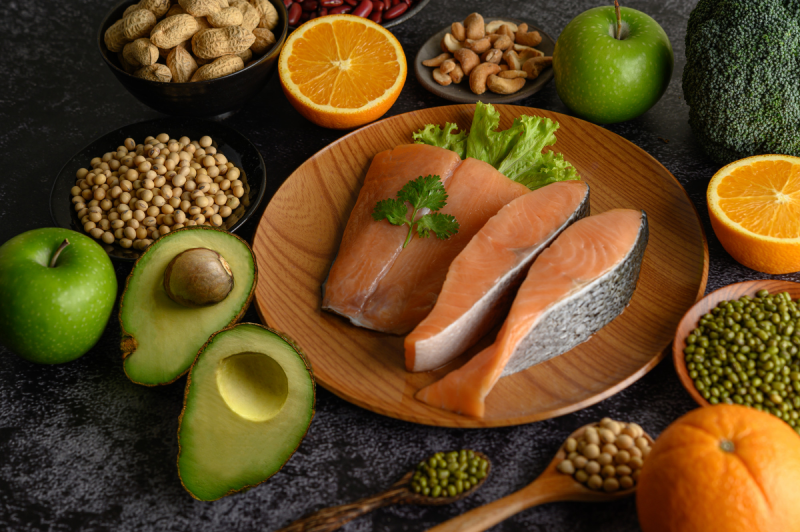High blood pressure, or hypertension, is a common health concern that affects millions of people worldwide. Left uncontrolled, it can lead to serious health issues such as heart disease and stroke. But what if there was a dietary approach that could help manage blood pressure? This is where the Dietary Approaches to Stop Hypertension (DASH) diet comes into play, and a recent scientific paper sheds light on its effectiveness.
Understanding the DASH Diet
The DASH diet is a dietary plan designed to reduce high blood pressure through healthy eating. Its primary focus is on foods that are rich in nutrients like potassium, calcium, magnesium, and fiber while limiting sodium (salt) intake. By emphasizing whole grains, fruits, vegetables, lean proteins, and low-fat dairy products, the DASH diet aims to promote heart-healthy choices.
The article “Impact of the Level of Adherence to the DASH Diet on Blood Pressure: A Systematic Review and Meta-Analysis” examines the relationship between adherence to the DASH diet and blood pressure control. The study compiled data from various previous research articles to analyze the impact of the DASH diet on blood pressure across different populations.
Key Findings
The findings of this comprehensive review are quite promising:
- Blood Pressure Reduction: The study revealed that individuals who adhered to the DASH diet experienced a significant reduction in blood pressure. This reduction was especially pronounced in those with hypertension.
- Dose-Response Effect: Interestingly, the level of adherence to the DASH diet appeared to have a dose-response effect on blood pressure. In other words, the more closely individuals followed the DASH diet, the greater their reduction in blood pressure.
- Beneficial for All: The positive effects of the DASH diet were observed in various population groups, regardless of age, gender, or other factors. This suggests that the DASH diet can benefit a wide range of individuals.
- Overall Health Benefits: Beyond blood pressure control, the DASH diet is associated with several other health benefits, including improved cholesterol levels, better blood sugar control, and weight management.
Conclusion
The systematic review and meta-analysis discussed in this scientific paper highlight the effectiveness of the DASH diet in reducing blood pressure. It underscores the importance of dietary choices in managing hypertension and promoting overall cardiovascular health.
If you or someone you know is concerned about high blood pressure, consider adopting the principles of the DASH diet. Remember to consult with a healthcare professional before making significant changes to your diet or lifestyle, especially if you have preexisting health conditions.
In summary, the DASH diet offers a natural and accessible way to help lower blood pressure and improve overall health. By prioritizing nutrient-rich foods and reducing sodium intake, you can take steps toward a heart-healthy lifestyle.
References:




